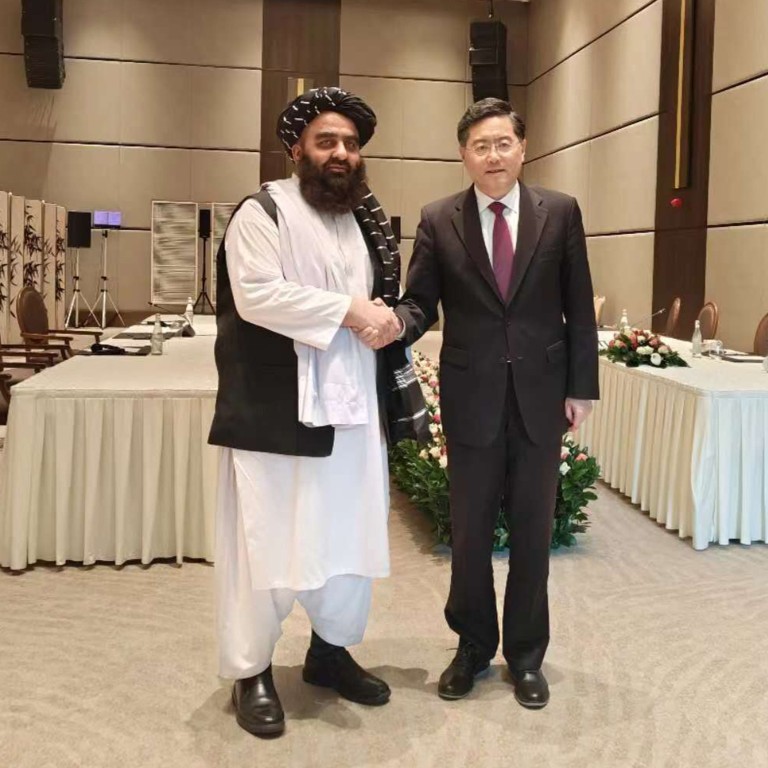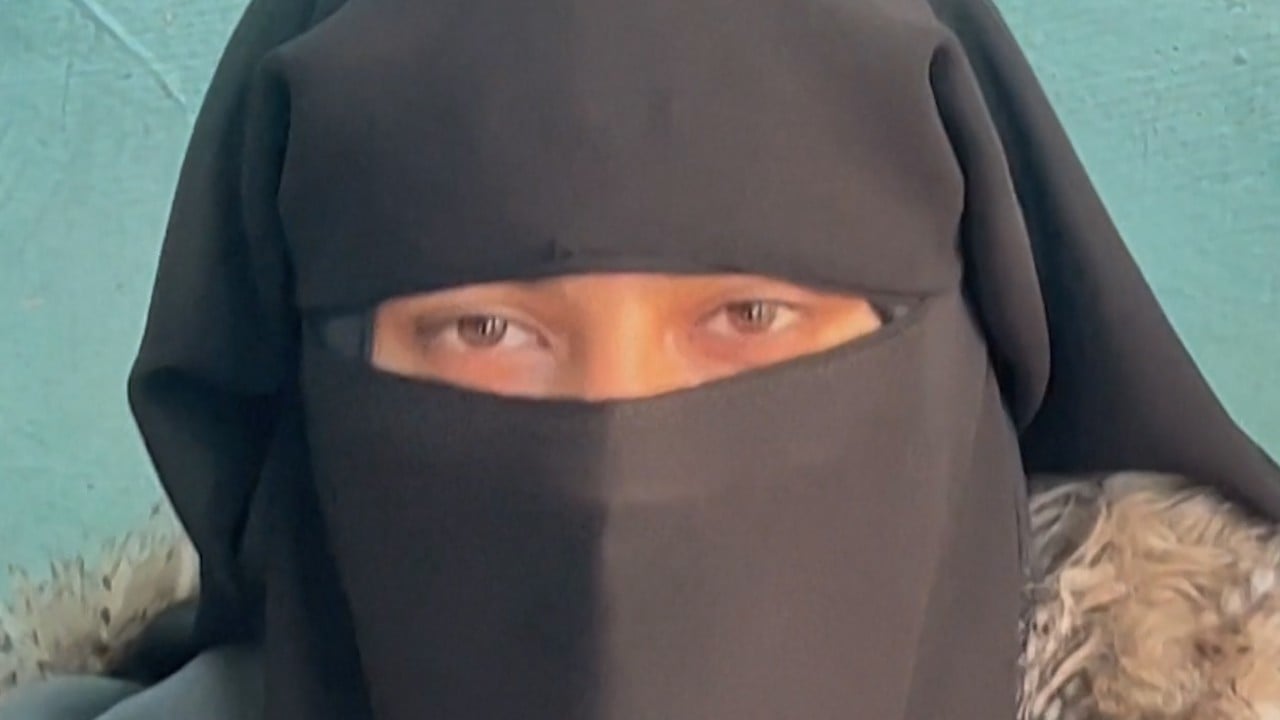
Chinese Foreign Minister Qin Gang asks Taliban to create more progressive and inclusive government
- Qin makes the appeal, which also asks the fundamentalist group to work with neighbouring countries, during a visit to Uzbekistan
- Qin also calls for more work to counter terrorism, highlighting its concerns about Uygur militant groups in the country
Afghan ties paper underlines China’s focus on trade, anti-terror work: analyst
Since the Taliban consolidated its power after the Western-backed government collapsed in August 2021, China has urged it to adopt a more moderate position.
“On the basis of respecting the independence, sovereignty, and national self-esteem of Afghanistan, neighbours should guide the Afghan Taliban to follow the trend of the times,” Qin said.
“[Afghanistan] should learn from the mature practices of other Muslim countries, and show more inclusiveness and progressiveness in the establishment and specific governance of political power.”
In talks with the acting foreign minister of the Afghan interim government Amir Khan Mutaqi on the sidelines of the Samarkand meeting, Qin urged the Taliban to “fulfil the commitment to fight terrorism to effectively protect the security of Chinese institutions and personnel in Afghanistan”, highlighting the East Turkestan Islamic Movement (ETIM), a Uygur separatist group.
China has not officially recognised the Taliban government, but Qin said China was willing to help Afghanistan on many fronts, including economic cooperation, self-government, and anti-drug campaigns.
Despite the direct talks with the Taliban official, China also made an appeal for international cooperation.
“We noted that the security situation in Afghanistan related to terrorism remains serious and agreed that counterterrorism security cooperation among Afghanistan’s neighbours should be strengthened and a united front against terrorism should be established,” a joint declaration with his Iranian, Russian and Pakistani counterparts said.
The statement also hit out at Nato, which pulled out its forces ahead of the Taliban takeover.
“The foreign ministers noted that Nato countries should take primary responsibility for the current predicament in Afghanistan … and should immediately lift unilateral sanctions against Afghanistan and immediately return its assets abroad to be used for the benefit of its people,” the statement said.
Qin, on the other hand, singled out the US during a press conference in which he strongly criticised its “failure” in Afghanistan.
China urges US to keep Afghanistan commitment as Qin Gang visits Uzbekistan
“The United States should not judge Afghanistan’s system by ‘Western standards’, nor should it seek to reset military forces nor support terrorism,” Qin said.
Earlier this week, China’s foreign ministry released a comprehensive paper clarifying its stance on the Afghan issue and highlighting China’s eagerness to support a crackdown on terrorism.
The Turkestan Islamic Party, founded by exiled Uygur Islamic militants, has rebuilt its main base in northern Afghanistan, according to a UN Security Council report in July.


